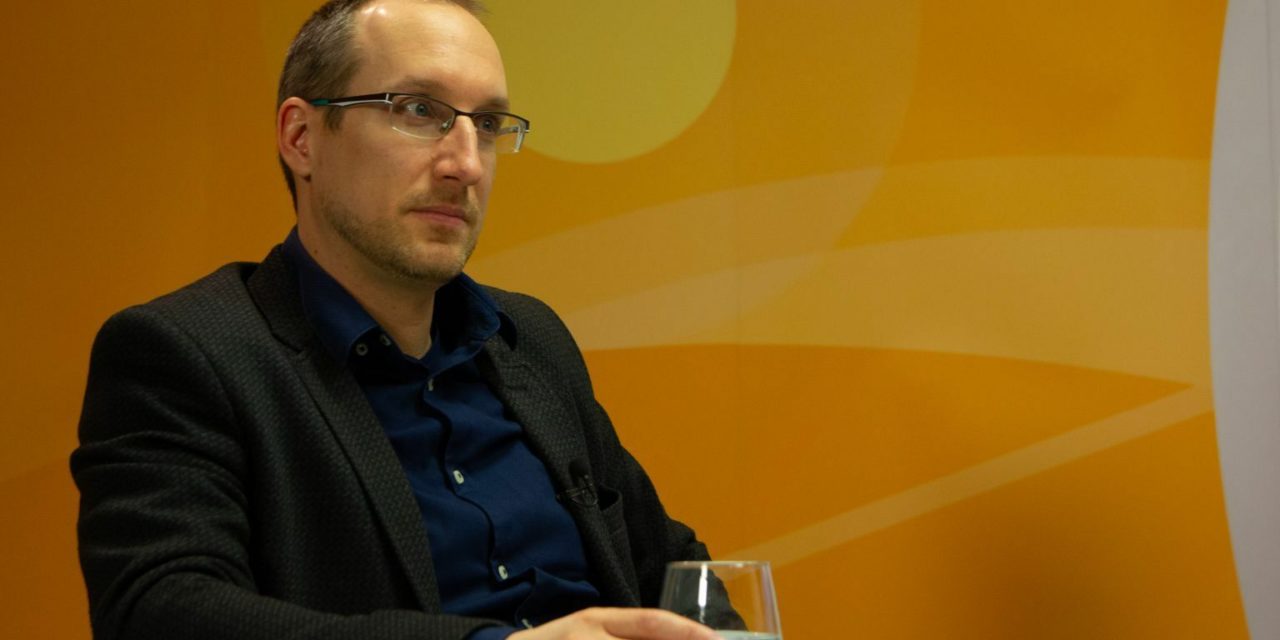If Kádár's successor party and the new communists want to freeze prices, that's fine, if Orbán, it's not; in such cases, the former prefer to vote for the prices of the hated world market.
I don't quite understand what's going on here. In the previous 12 years, we heard from the left, enriched with neo-communists, that the economic policy of the Orbán government is neoliberal, i.e. cruelly market-based, and that it prioritizes the interests of workers, leaving them at the mercy of the multiplicity. Now he suddenly became a communist and a Kádarian.
in an interview with Népszava in February 2020
MSZP president Bertalan Tóth also spoke about the intention to introduce a rent and housing price ceiling.
According to my memories, he was not alone in the opposition field.
This is what communism is going to do now because of the price freeze, and black-belt far-leftists like Bence Tordai suddenly dream of letting Hungarians have world market prices ("the actual market prices can be let down on the population").
Bence Tordai was a member of the Marxist Social Theory College for seven years, an advocate of unconditional basic income, and once an opponent of the "overtime law". They understand, the left-wing economist-politician who is critical of the market would introduce an unconditional basic income, but instead of a price freeze, he prefers market prices.
However, Párbeszéd, Tordai's party, promises and a tax increase.
Already in 2011, the LMP and the MSZP accused the Orbán government's economic policy of being neoliberal-neoconservative.
Róbert Puzsér also neoliberalized the Orbán government did left-wing economist Zoltán Pogátsa . In 2019, Attila Antal reflected on the leftist-Marxist portal Új Egyenlőség, that Orbán, so to speak, came to terms with "authoritarian neoliberalism".
accused Orbán's economic policy of Kádárism as early as 2011 Once again: we wrote 2011, the Orbán government was in office for a year.
I'm trying to put things in order: in the previous 12 years, mostly the very market-oriented, one might say neoliberal and technocratic economists and politicians tinkered with the government's economic policy, while the very leftists neoliberalized and neoconservatively it. Anyway
the opposition mantra used in the previous 12 years was to accuse the Orbáns of neoliberalism and Kádárism at the same time.
By the way, if the world market and world capitalism were the devil himself, that would not be a problem, because we know that the opposition would join hands with the devil to replace Orbán.
The neoliberal elements would be the criticisms of the flat rate of 16 and then 15 percent, the reduction of employer taxes, the reduction of welfare (and the emphasis on the importance of work), the revision of disability pensions, the support of part-time work, the abolition of a few small taxes, the public works program and pro-growth according to The taxation of multis, the elimination of the Swiss franc credit crisis, active support for the creation of the national business elite, crisis taxes, price freezes, family subsidies and similar would be the left-wing elements.
The whole fuss is because not every economic policy step is "neoliberal" or "communist" or "social democratic"; rather, economic policy should be seen as a whole. The economic policy of the Hungarian government can also be called "third way", but it is actually a new type of social market economy.
On the other hand, the opposition, which has both technocrat and neo-communist elements, cannot offer a coherent critique of its opponent, just as it cannot formulate a coherent policy of its own for the voters.
Featured image: vasarnap.hu












